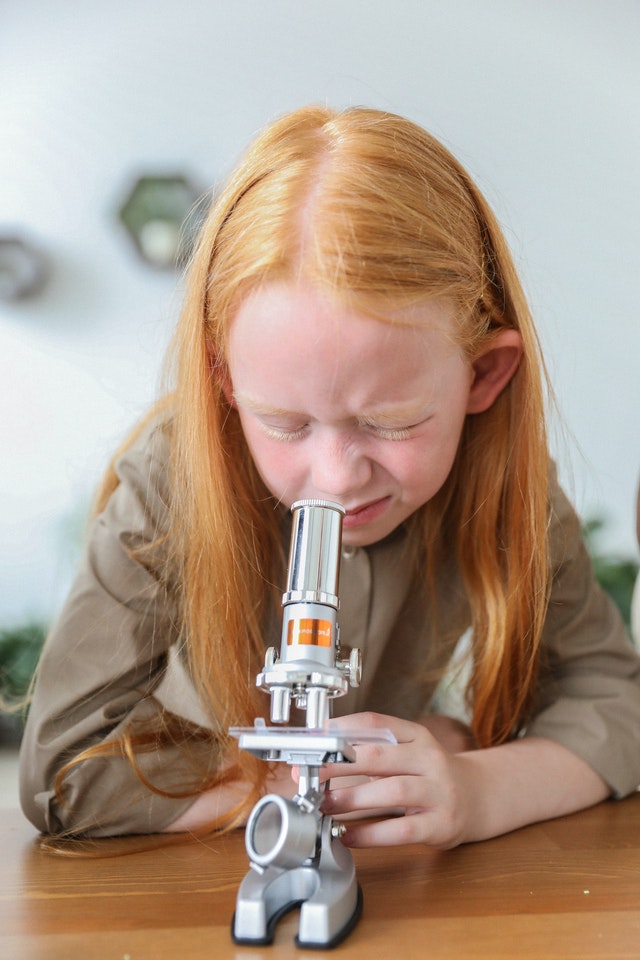
Students preparing for Grade 11 Biology should be prepared to learn about five major concepts:
- Diversity of Living Things
- Evolution
- Genetic Processes
- Animals: Structure and Function
- Plants: Anatomy, Growth and Function
Students will also learn and develop skills in scientific investigation. These involve formulating scientific questions about concepts or problems observed in nature. Answering these questions requires planning and performing experiments providing results that students will record and analyze. Grade 11 Biology will allow students to begin exploring careers related to this field of science and learn about notable scientists who have made significant contributions to biology.
Diversity of Living Things
This topic allows students to gain a new understanding of human intervention in aquatic and terrestrial ecosystems — for instance, the negative impact of pesticides on the wildlife surrounding crops. This topic also includes the following concepts:
- Effects of climate change on ecosystems and biodiversity
- The impact of rising temperatures on habitats and species
- Classification systems for representing different organisms
- How distant organisms are related because of their structures and functions
- New terminology to describe and rank organisms, such as taxonomy, phylogeny, genus and species
- Structure and function of various prokaryotes, eukaryotes and viruses
- Key structures and functions of organisms that have resulted from evolution over time
- Evolution of eukaryotes from prokaryotes
Evolution
There are a number of concepts that are covered under the topic of evolution. Grade 11 Biology students will learn about the economic and environmental impacts of artificial selection technology, such as selective breeding of livestock to increase meat size. Key concepts of this topic include:
- Environmental impact on natural selection and vulnerable species
- Species adaptation to changes in the environment, such as forest fires decreasing food supplies
- New terminology to explain evolutionary processes such as, extinction, speciation, adaptation, survival of the fittest
- Theories of evolution and the scientists who have contributed to these modern theories
- Evolutionary mechanisms such as natural selection, artificial selection, sexual selection and genetic variation
- How evolutionary mechanisms determine if a species continues to evolve or is lost to extinction
Genetic Processes
This topic introduces research in genetics and genomics and its impact on society. Students will analyze and discuss its ethical implications and apply it to real-life examples such as gene therapy and stem-cell research. Students will learn also learn about the following concepts:
- The techniques and technologies used in genetic research, for example, using different organisms to produce human insulin
- The genetic processes that take place during cell division (mitosis, meiosis)
- How to use a microscope and identify phases of cell division
- New terminology that is related to genetic processes such as, haploid, diploid, spindle, gamete and zygote
- The importance of DNA, genes and chromosomes for transmission of hereditary information
- The Mendelian Laws of Inheritance
- The role of genotype and phenotype in heredity and observable properties of an organism
- How dominance and recessiveness can help predict characteristics of future offspring
- Genetic disorders and mutations and their physical effects
Animals: Structure and Function
Students will have the opportunity to learn about the technologies that allow us to understand internal body systems. They will learn about imaging technologies used to diagnose injuries and disorders. Students will also have the opportunity to learn about the concepts below:
- Technologies that have informed us about proper nutrition and ways to improve conditions like diabetes
- New terminology related to animal anatomy such as, systolic and diastolic pressure, diffusion gradient, inhalation and exhalation
- How to use certain medical equipment, for example stethoscopes and sphygmomanometers
- How medical equipment helps to monitor the body’s response to changes in respiratory and circulatory systems
- The relationship between bodily systems through animal dissection
- The respiratory system uses hemoglobin to transport gas from the atmosphere to cells throughout the body
- The anatomy of the digestive system
- Digestive processes that allow animals to maintain healthy energy levels and growth
- Anatomy and function of the circulatory system
- How the circulatory system transports essential nutrients throughout the body by using components in the blood, blood vessels and the heart
- Disorders and treatments related to the respiratory, digestive and circulatory systems
Plants: Anatomy, Growth and Function
The final topic discusses the importance of plants to our society. Students will research the role of plants as a source of food, pharmaceuticals, Indigenous medicine, and more. The topic of plants introduces the following concepts:
- Different societies and cultures use of plants to support human populations
- Ways to use plants to support our population growth while also protecting the environment
- New terminology related to plant anatomy, metabolism and reproduction
- How plants appear under the microscope and nomenclature such as mesophyll, palisade, aerenchyma, and epidermal tissue
- How to draw biological diagrams to represent plants
- The notions of transpiration, translocation and osmosis, which describe the mechanisms of material transport into and throughout the plant
Grade 11 Biology covers many heavy topics at a fast pace. If you are looking for help in Biology, don’t hesitate to contact Success Tutorial School. Our experienced and qualified teachers are here to support your needs!


